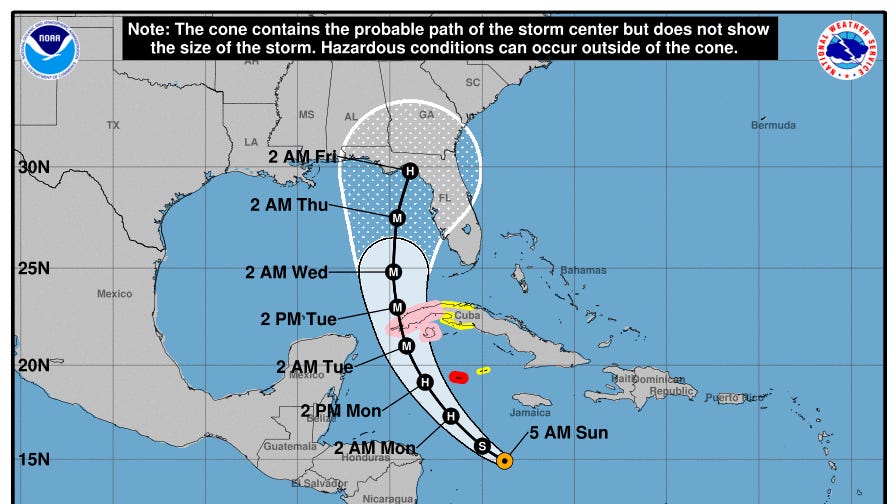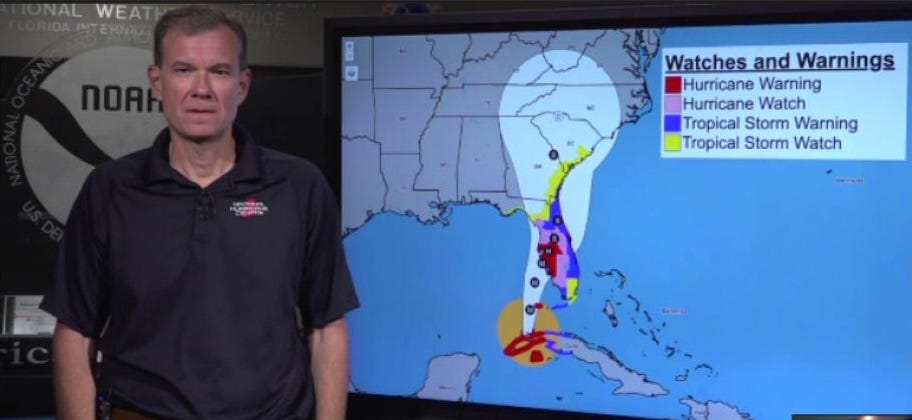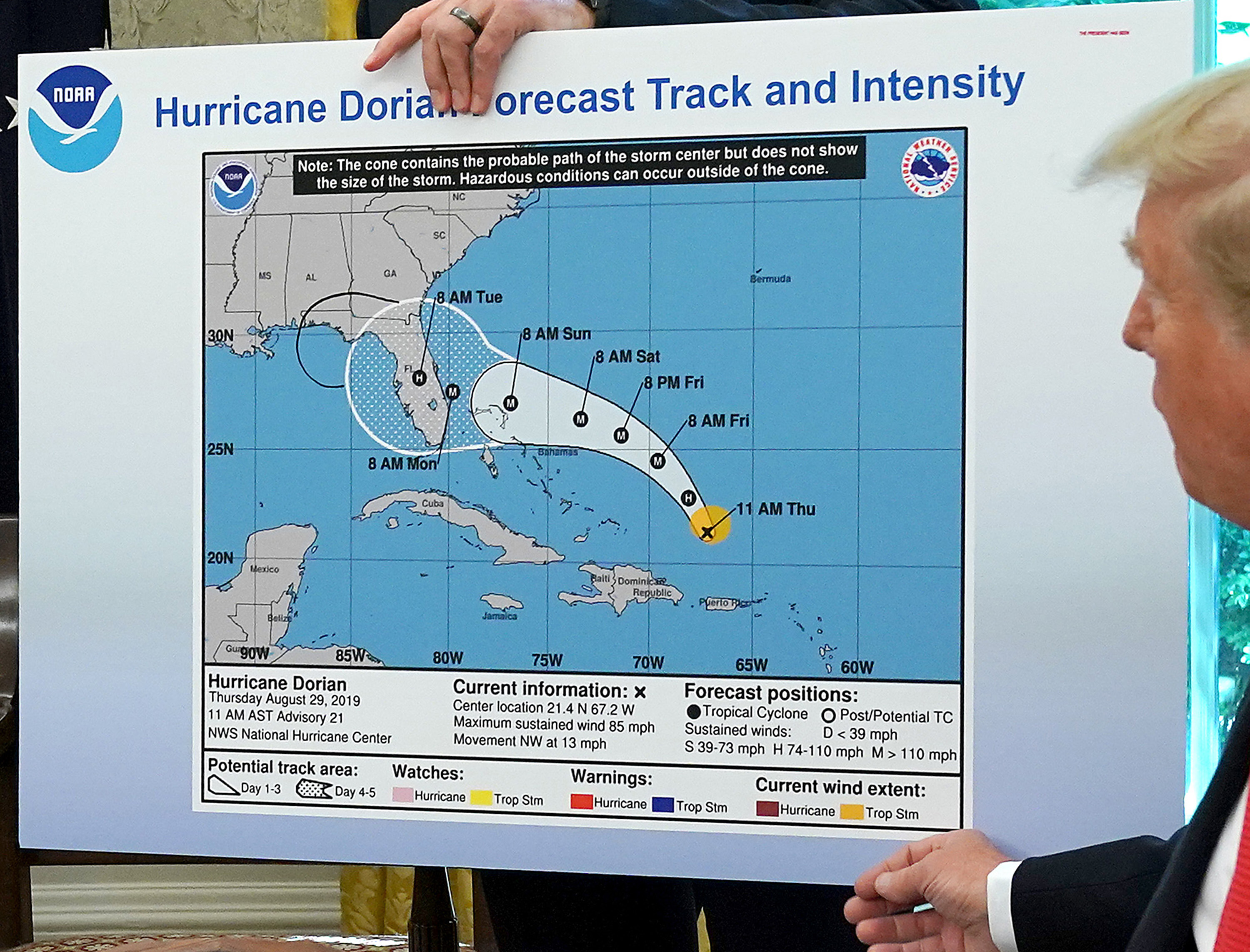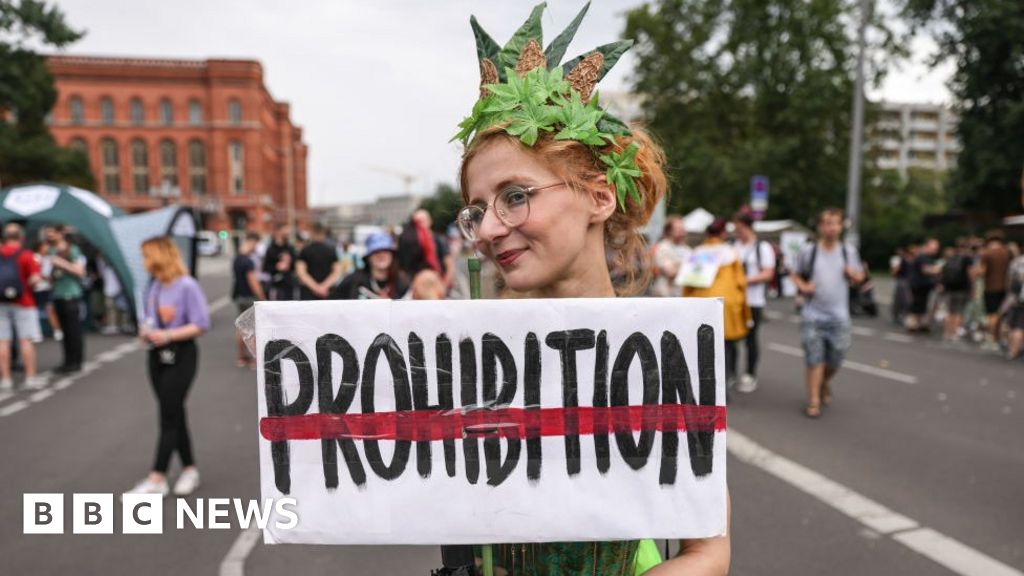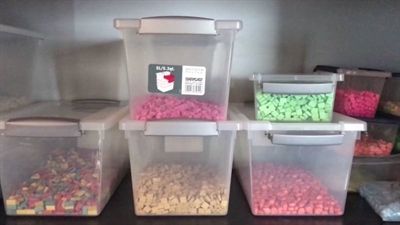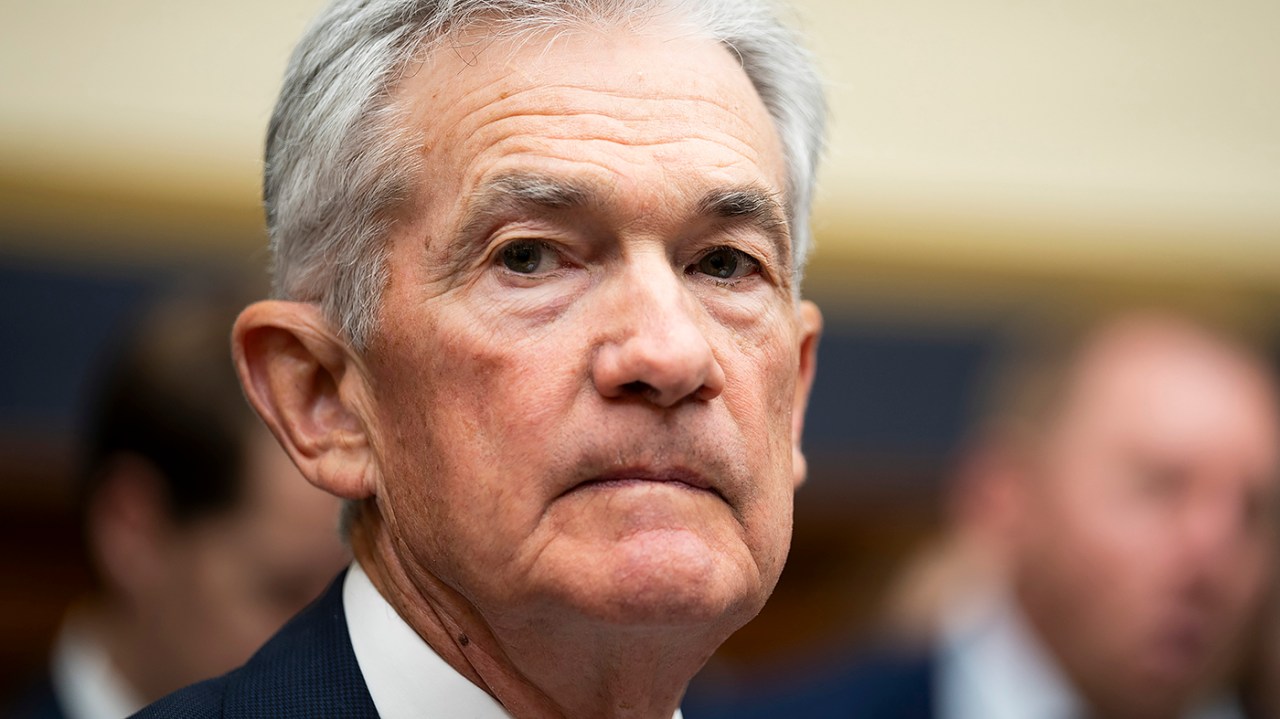Boiling tap water may be solution to microplastics
Worried about plastic pollution in your tap water? Try boiling in it, a new study suggests.
Boiling tap water can destroy at least 80 percent of three of the most common plastic compounds that can be found in your water,
according to findings published Wednesday in Environmental Research Letters.
This means drinking tap water that has been boiled, something commonly done in East Asian kitchens already, may be a safer bet than drinking bottled water. Columbia researchers found last month that bottled water can contain
up to a quarter-million fragments of nanoplastics per liter.
The researchers looked at the impacts of boiling on three compounds that have been found in water — polystyrene, polyethylene and polypropylene.
Because these compounds don’t fully break down, they ultimately fragment into nanoplastics the approximate size of a virus — making them the ideal size to wreak havoc with the machinery of human cells, and to cross through key protective filters like the intestinal lining and blood brain barrier.
Of the tested compounds, the most concerning is polystyrene, which can
inflame the intestine and
may kill red blood cells. The others are largely believed to be safe, though endocrinologists argue that the methodology for determining whether plastics are safe
has serious flaws.
In the study, scientists put the three plastic compounds into ‘hard water’ —
a common type of U.S. freshwater that contains high levels of calcium carbonate and magnesium.
Those compounds are characteristic of groundwater pulled from cavities in underground limestone deposits, a rock that is mostly made up of calcium carbonate.
When the plastic-containing water was boiled, these calcium carbonates formed tiny clumps around most of the microscopic plastics, trapping them within and rendering them harmless.
“This simple boiling-water strategy can ‘decontaminate’ [nano- and microplastics, or NMPs] from household tap water and has the potential for harmlessly alleviating human intake of NMPs through water consumption,” the report authors wrote.
The report comes with significant caveats, however.
Scientists only looked at three of the most common — and in the case of polyethylene and polypropylenes, the safest — plastic polymers. They didn’t look at vinyl chloride, for example, a compound of serious concern last month’s study found in bottled water.
Boiling also didn’t manage to remove all of the polymers.
That’s worrisome
because Monday’s report from the Endocrine Society suggested that because plastic particles are so similar to the chemical messengers that run many key biological systems — and because those systems are so sensitive — there may be no safe level of exposure.
Finally, scientists like those at the Endocrine Society are increasingly focused on a risk that goes beyond the plastic compounds themselves: the fact that those polymers are often mixed with “plasticizers” like BPA, PFAS and phthalates which can wreak havoc on the endocrine, circulatory and reproductive systems.
It is unclear whether boiling water breaks down these materials. The study only looked at the plastic polymers, not these potential additives.
Finally, this method requires either hard water — or the addition of calcium carbonate to work — something that is common but far from universal across the world.
Nonetheless, when stacked up next to last month’s findings about microplastics in bottled water, the report suggests a potential answer to how to protect against at least some forms of plastic pollution.
thehill.com/policy/equilibrium-sustainability/4494416-boiling-tap-water-may-be-solution-to-microplastics/

